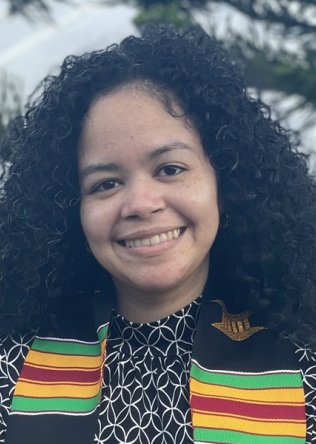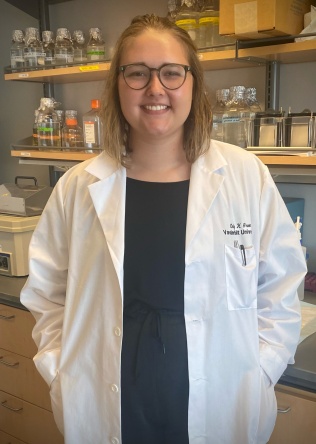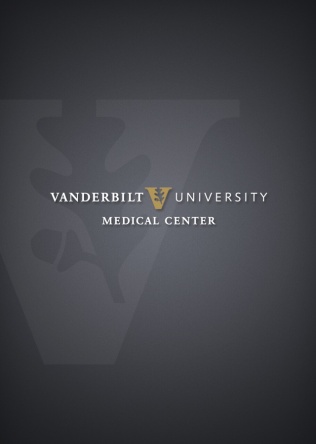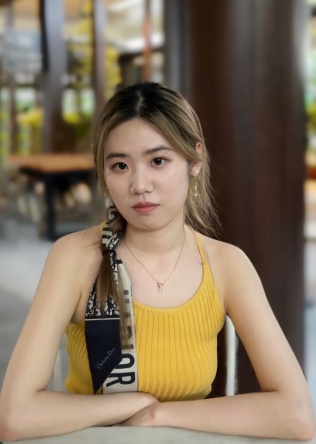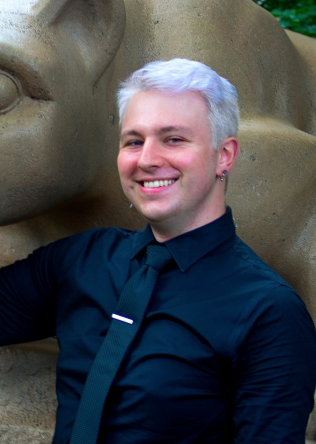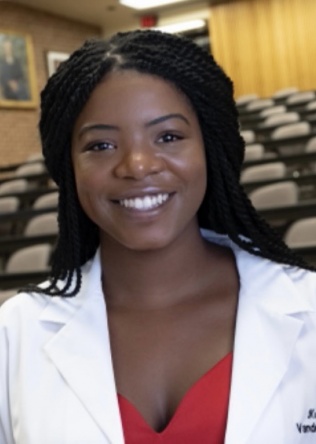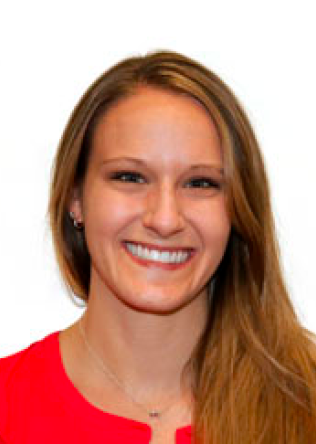Emely Henriquez Pilier
In the Newcomb lab, I will examine the role of obesity and estrogen signaling in regulating immunological (CD4, Th2, Th17) cell metabolism in asthma.
I am from St. Thomas, U.S. Virgin Islands and also graduated from the University of the Virgin Islands in 2021 with a bachelors degree in Chemistry and an associate in Physics. In fall 2021, I became a graduate student in the IGP at Vanderbilt University and then joined the Molecular Pathology and Immunology graduate program as a member of Dr. Dawn Newcomb's lab.
